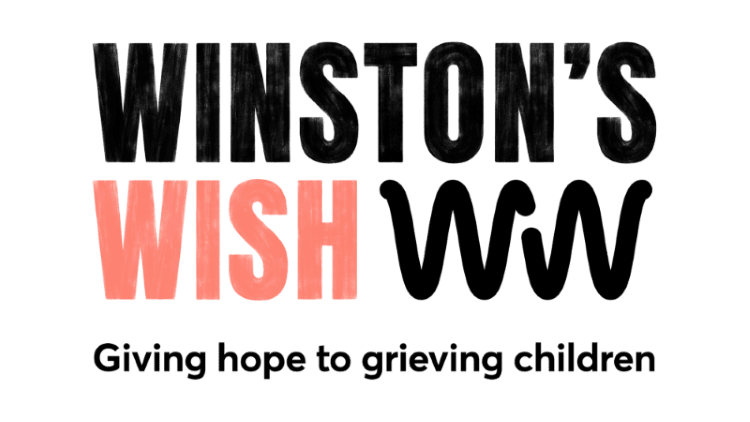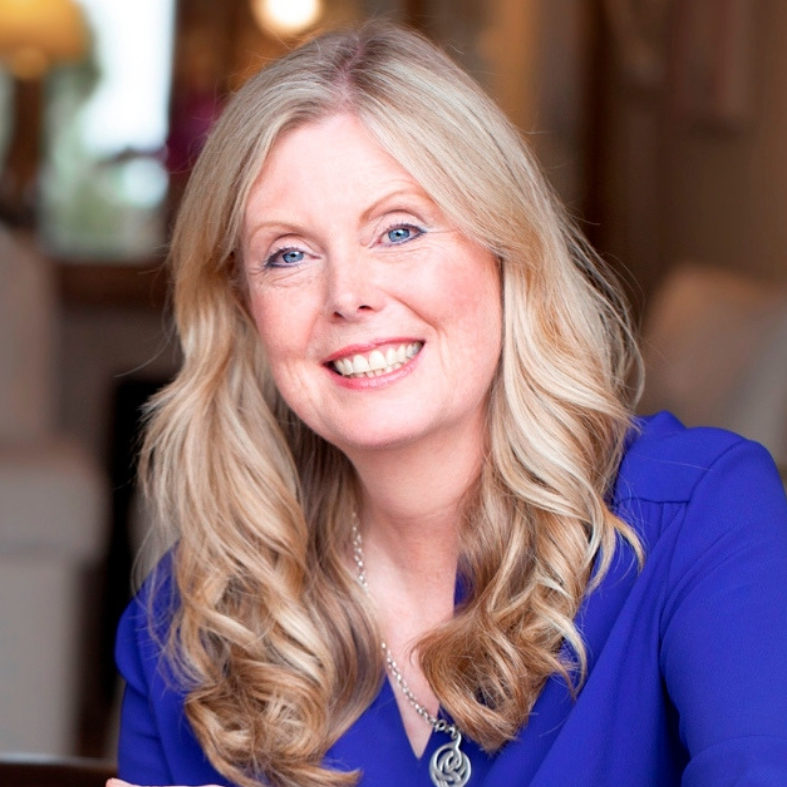In 1992, I returned to the UK after a Winston Churchill Travelling Fellowship with lots of exciting ideas on how we could bring children together, to help them support each other, express their feelings and ultimately rebuild their lives when someone had died. Winston’s ‘wish’ was that every child who experienced the death of a family member would get the support they needed. We were on a mission!
28 years on and the world is suddenly so turbulent and still. There’s physical distancing and social closeness. Death is on the horizon. The travelling has stopped, children are no longer at school or playing together in groups. In the UK we await a tsunami of grief and hope that the ultimate wave of loss will somehow miss our family and friends; that our children will be spared the agony of growing up with grief.
In 1992, children were called ‘The Forgotten Mourners’. The world is very different now. We understand that children need to be involved with these painful parts of life, to belong and to feel included, to be able to share their feelings with people they trust and to go back to the stuff they love when the grief subsides. Adults know that it is not ‘making’ a child cry but ‘allowing’ a child to cry. Sometimes they will have regrets and often feel very angry at the disruption to their lives. They also need closure and choices. In this painful period, the choice to attend a funeral is likely to be taken away. So we will need to think of alternative ways of saying goodbye. Of helping a young child to really understand that someone who was important to them is not coming back from the hospital intensive care unit.
All of this will be so much harder as the adults supporting the child will themselves be so shocked and traumatised. If you know of any parent in this difficult place, please help them by calling our Helpline (08088 020 021) or looking at our website for practical and captivating ideas to help children and young people of all ages.
Our Helpline team will take time to understand the meaning of this particular death on this particular child, living in this particular home and community. No matter how many people will die from this dreadful virus, we know that the person who you are concerned about is unique. They have a unique relationship with your child. Many relationships will be loving, some may be more distant or difficult. We are able to be honest with you so you can support the child or young person you care about. Whatever the complexities.
My daughter had coronavirus last week, so I knew I had to self-isolate and look after her, and that I wouldn’t be able to attend a funeral a few days later. I wrote a letter directly to the person who had died. Suzanne, the warm generous celebrant, kindly still risked attending and read it out as the eulogy in front of only three mourners. Lucy, the funeral director, sent me photos. I am not a child but I felt included and it was special to know that I had contributed. As the weeks go on, funerals as we know them will change. It is my sincere wish that, as all the adults struggle with their own feelings of loss and bewilderment, we still make space for children to express their feelings in ways that work for them. That perhaps the world can see beyond their own sadness and ensure there are no forgotten mourners, especially not children.

Julie Stokes OBE
Founder of Winston’s Wish
Other articles you might find helpful:
Coronavirus: supporting bereaved children and young people
How Winston’s Wish has adapted its services during the coronavirus pandemic
Coronavirus: How to say goodbye when a funeral isn’t possible


